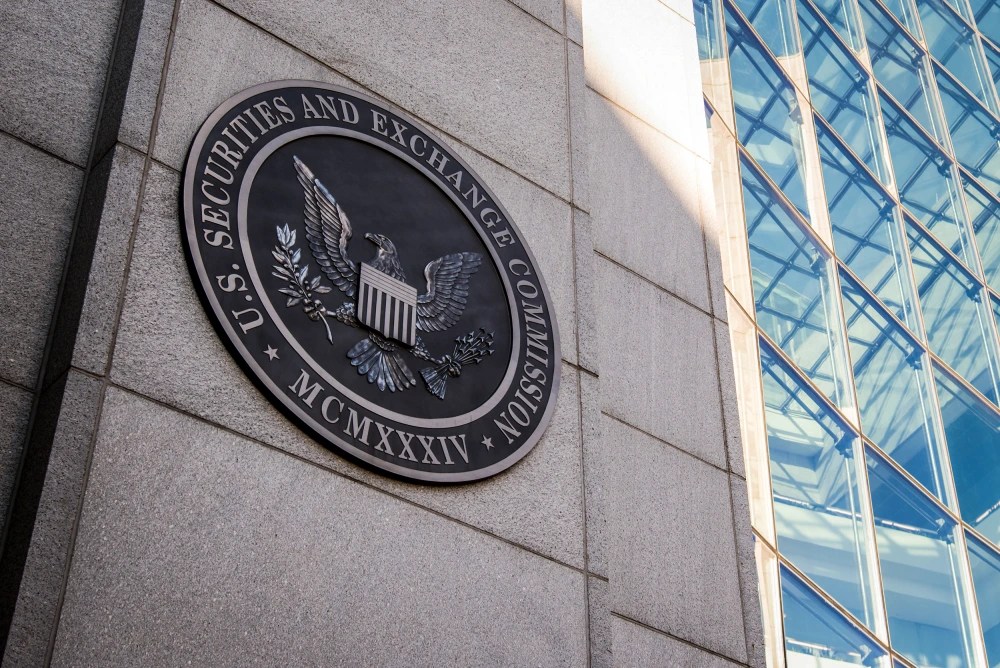The world of cryptocurrency is dynamic, and keeping pace with developments in regulatory actions is crucial for investors, traders, and enthusiasts alike. A recent incident involving the U.S. Securities and Exchange Commission (SEC) highlights the complexities of managing this fast-evolving sector. The loss of records linked to enforcement actions under Gary Gensler’s leadership has sparked a wave of discussion and criticism from crypto industry leaders. This situation underscores the importance of transparency and accountability in regulatory practices. Let’s delve into the implications of this event and explore what it means for the future of cryptocurrency regulation.
SEC’s Record Loss Sparks Controversy in Crypto Regulation
Regulatory Missteps: The Case of Gensler’s Deleted Texts
In a startling development, the Office of Inspector General (OIG) of the SEC uncovered a series of errors by the Office of Information Technology (OIT), culminating in the deletion of text messages from Gary Gensler’s government-issued device. Between October 2022 and September 2023, these messages, many of which were pertinent to official SEC business, were irrevocably lost due to an “enterprise wipe” triggered by a misunderstanding of the device’s status.
The OIG report revealed that Gensler’s device was mistakenly marked inactive and had not been backed up for almost a year. This oversight was compounded when OIT conducted a factory reset, erasing all the text messages and system logs without considering the retention requirements for crucial records.
Repercussions of the Data Loss
Efforts were made to recover the lost messages, but the SEC was unable to retrieve all relevant records. Importantly, about 38% of the recovered messages were pertinent to regulatory actions and discussions within the senior SEC staff and Commissioners. Among these, a critical conversation in May 2023 involved Gensler and the Director of the Division of Enforcement, focusing on upcoming enforcement actions against certain cryptocurrency trading platforms.
Industry Reaction and Implications
The crypto community has been vocal in its criticism of the SEC following this incident. Nate Geraci, chairman and president of The ETF Store, highlighted the timing of these lost messages, aligning with major crypto events like the FTX collapse and the Grayscale ETF lawsuit. This led to speculation about the potential impact of these records on ongoing and future regulatory actions.
Coinbase’s Chief Legal Officer, Paul Grewal, condemned the lack of data preservation as a significant failure, especially in light of the SEC’s previous demands for transparency and accountability. Grewal emphasized the potential consequences this loss might have on the SEC’s responses to Freedom of Information Act (FOIA) requests, which include inquiries into the SEC’s expenditures on crypto-related enforcement activities.
FAQs
How does this incident affect the SEC’s credibility?
This incident has shaken confidence in the SEC’s ability to manage sensitive information and maintain transparency. It brings into question the effectiveness of their data management practices and their commitment to preserving records crucial for oversight and accountability.
What can crypto investors learn from this situation?
Crypto investors should recognize the importance of regulatory transparency and how it can significantly impact the market. Staying informed about regulatory developments and understanding their potential implications is vital for making well-informed investment decisions.
What steps can the SEC take to prevent similar incidents in the future?
The SEC can enhance its data management policies by implementing stricter backup protocols and conducting regular audits to ensure compliance with record retention requirements. Training staff on handling sensitive information appropriately can also reduce the risk of similar occurrences.
This comprehensive guide examines the technology and market potential of Fantom, alongside its role in the cryptocurrency landscape. The FAQs provide critical insights to aid readers in making informed investment decisions.

